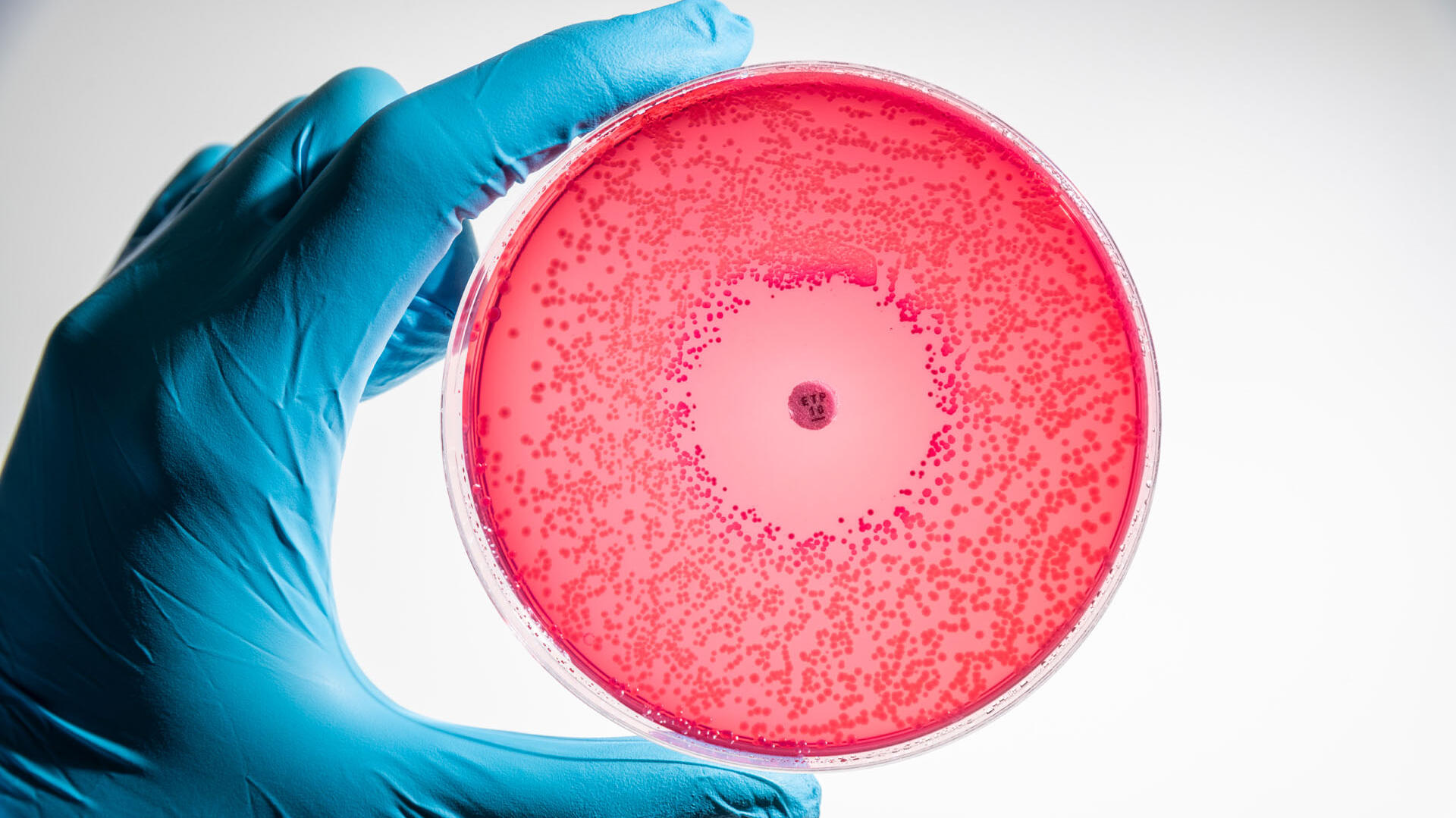
LSTM has received a grant of £3,3million of the European Regional Development Fund (ERDF) to improve the product development in the formulation of infectious diseases therapeutics.

The grant, which is part of the overall ERDF allocation to the Liverpool City Region, is in addition to the £90m guaranteed leveraged funding that an LSTM-led consortium has managed to assemble in response to the £18,6M Strength in Places grant from UKRI, late June.
Project lead, LSTM’s Professor Janet Hemingway, said: “This funding aims to align the best regional science platforms and connect them to a strong and innovative industrial base to deliver new products, which will prevent transmission of infectious diseases agents such as viruses, bacteria and parasites. It will help us responding to disease outbreaks such as the current COVID-19 pandemic.”
The grant comes via the UK Ministry of Housing, Communities and Local Government, who are working closely with the Liverpool City Region Combined Authority to ensure ERDF grant applications are aligned to LCR priorities. Steve Rotheram, Metro Mayor, said: “We are very pleased to be able to use ERDF to support the development of one of the city region’s key innovation strengths. This project will establish the critical link in the infection innovation ecosystem between research, industry and manufacturing and overcome those roadblocks that are in the way of successful product development.”
Unilever’s Chief Research & Development Officer, Richard Slater, said: “This year's events have underlined the pressing need for products that help to prevent the transmission of infectious diseases. This grant further supports close collaboration between research and industry, so that we can bring together the best scientific expertise, latest technology and industrial capabilities to develop innovation that will help to protect people for years to come.”
To be effective and drive local LCR economic growth, the ecosystem must extend from assessment of market need, product concept to meet the need, through early stage discovery to generation of new products with relevance to global markets that can be accessed.
This programme will engage up to 300 SMEs and coherently network a minimum of 60 regional based Small & Medium sized Enterprises (SMEs) with the infection-based research and development at LSTM, the University of Liverpool’s Surface Chemistry group and the Unilever microbiology laboratory at the Materials Innovation Facility in a format that will help to drive productivity of the SME sector, and directly increase their potential to access global markets for the resulting products.
Professor Rasmita Raval, Director of the Open Innovation Hub for Antimicrobial Surfaces of the University of Liverpool, said: “Anti-infective surfaces are at the frontline of infection control and new surface technologies have the potential to break and contain chains of transmission. This project creates an excellent opportunity to translate our state-of-the-art surface science research into the region’s innovation pipeline and impact on global societal needs.”
SMEs with projects that might benefit from access to three dedicated Research & Development (R&D) workspaces with the associated staff to guide their R&D needs can access the programme through the CEIDR - Innovations team from early August 2020.